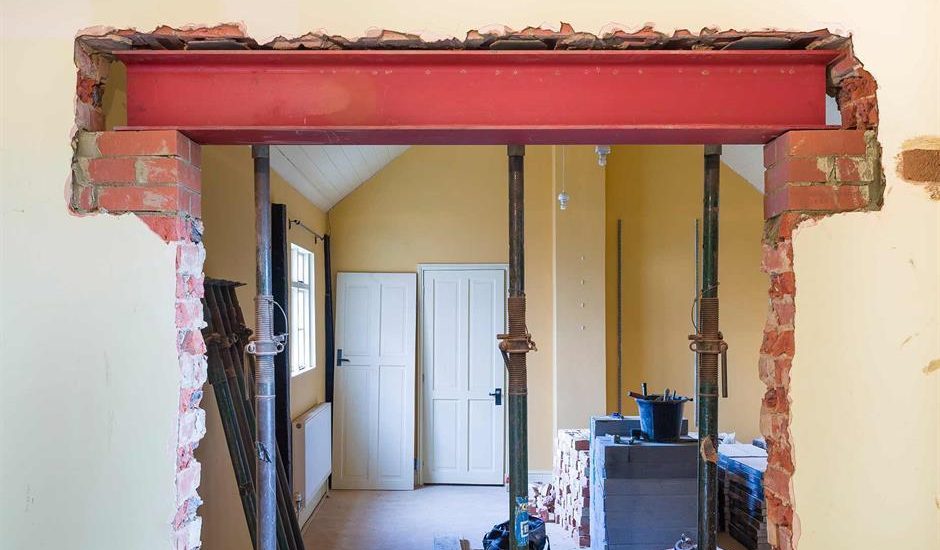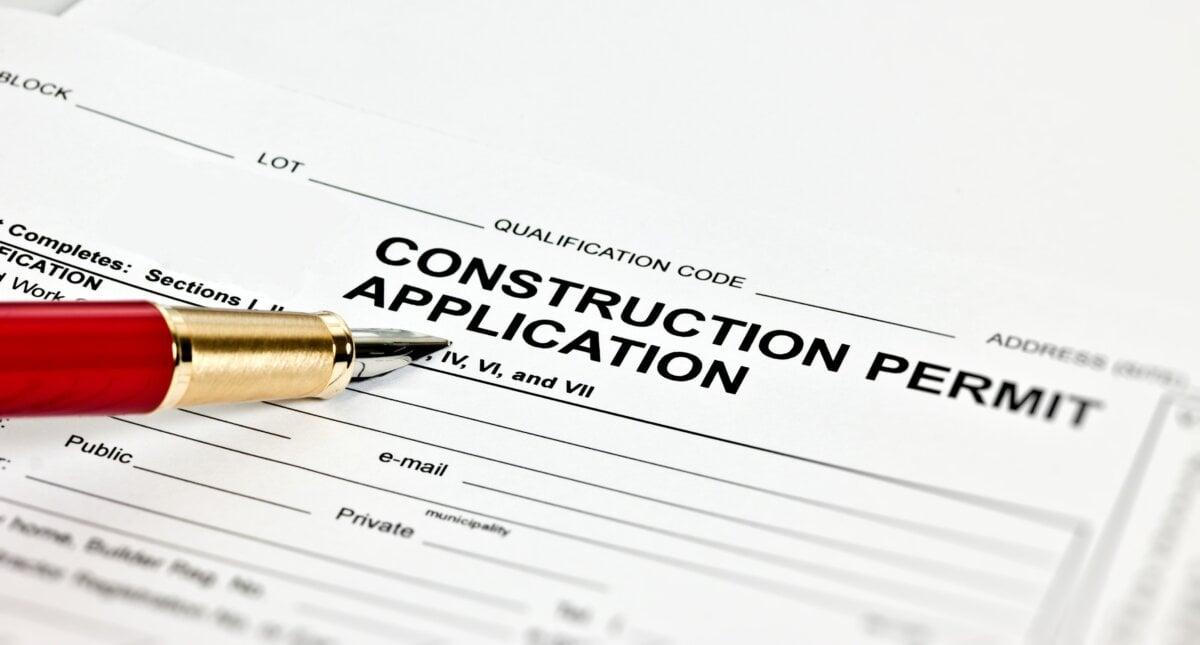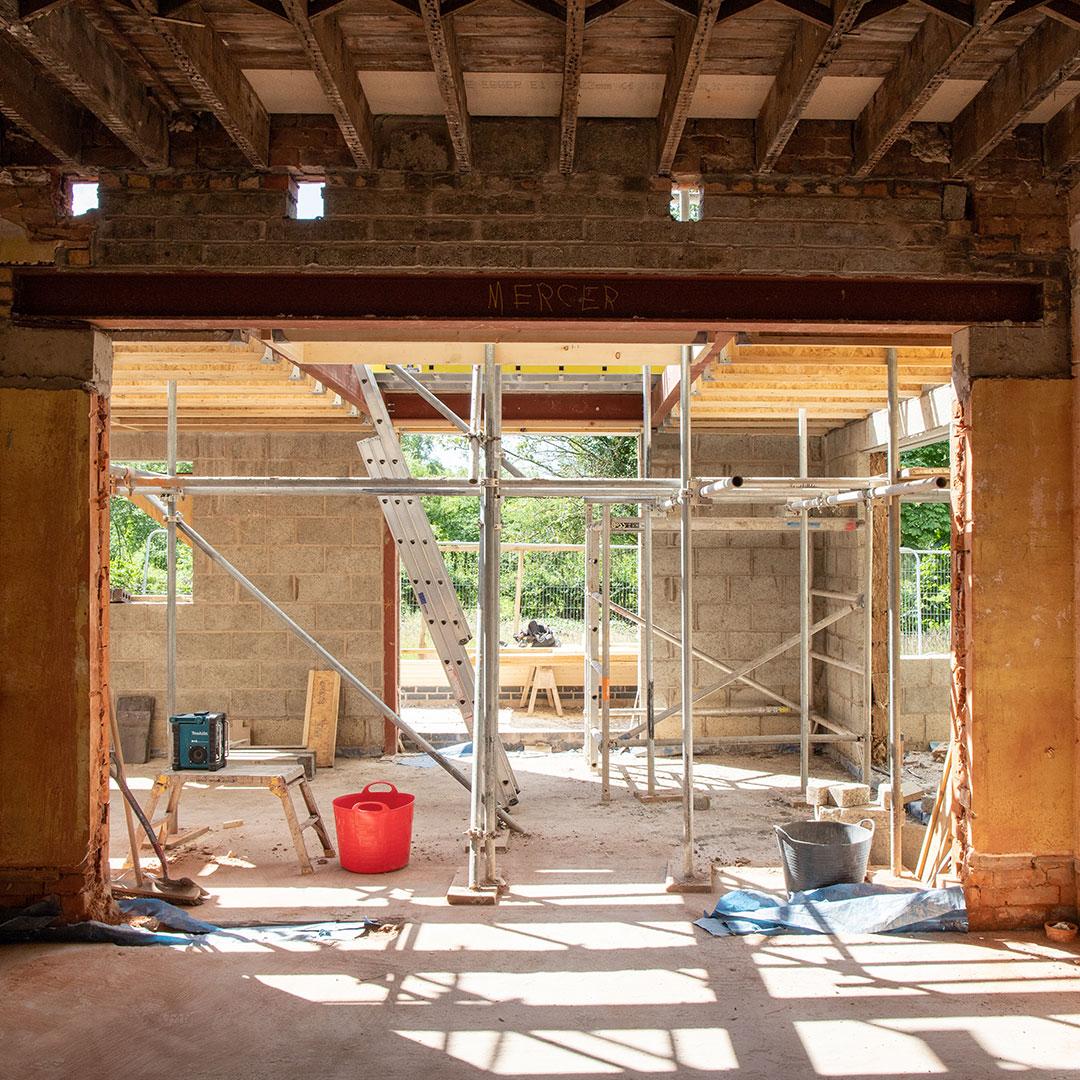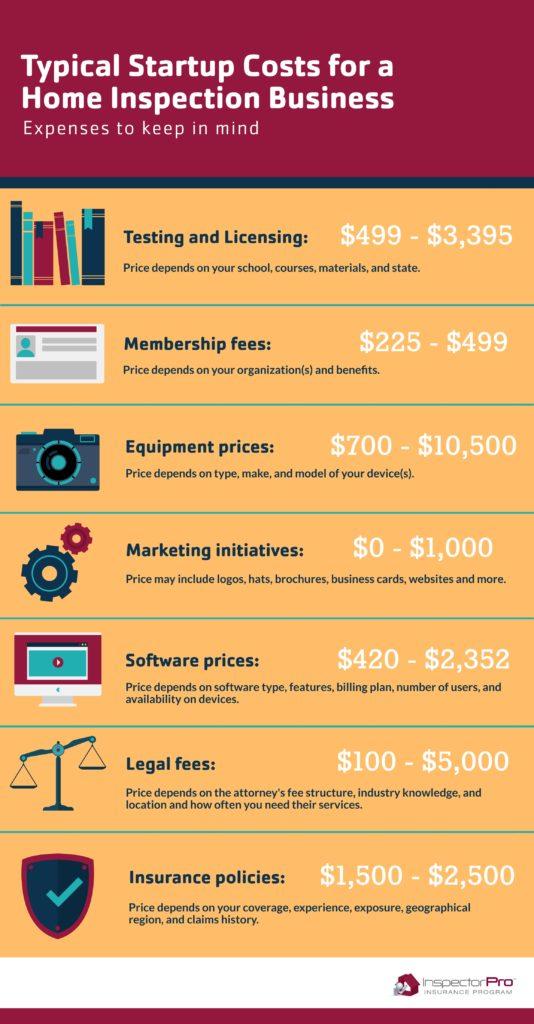



When it comes to home renovations, teh allure of transforming your living space can sometimes overshadow the risks that lurk beneath the surface. For many homeowners, the excitement of updating a kitchen, adding a bathroom, or even creating a cozy outdoor space can quickly turn into a nightmare of fines, permits, and legal complications. A simple decision to paint a wall or knock down a non-load-bearing partition can spiral into a costly blunder if local regulations and codes are overlooked. In this article, we’ll delve into the common home renovation errors that not only jeopardize the integrity of your project but could also land you with a hefty fine. By understanding these pitfalls and approaching your renovation with caution, you can ensure that your dream home doesn’t come with a nightmarish price tag.
Homeowners often underestimate the importance of understanding the legal landscape surrounding renovations. Engaging in meaningful changes without the proper permits can led to unexpected fines and costly delays. Whether you’re updating your kitchen or building an extension, it’s crucial to familiarize yourself with the specific regulations in your area.This may include:
Neglecting to obtain necessary approvals can result in not only fines but also the need to reverse completed work, leading to additional expenses. Moreover, it is indeed essential to consult with professionals, such as architects and contractors, who are well-versed in local codes. Consider the following table, which highlights common renovation projects and their typical permit requirements:
| Renovation Project | Typical Permit Needed |
|---|---|
| kitchen remodel | Building permit |
| Room addition | Building and zoning permits |
| Deck construction | Building permit |
| Bathroom update | Building permit (if plumbing is altered) |

Renovating your home can be an exciting venture, but many homeowners unknowingly make choices that can lead to hefty fines. One common pitfall is failing to secure the necessary permits before beginning a structural alteration. Regulations vary widely by location, and neglecting to comply with local laws can result in severe penalties. homeowners should always consult their local building authority or a professional contractor to ensure that they know the specific permits required for their project. Additionally, not adhering to building codes is another frequent mistake. These codes ensure safety and integrity within structures; skipping them in favor of expediency could cost you more then just time.
Another prevalent issue arises from modifying load-bearing walls without proper evaluation. Removing or altering these crucial supports without professional advice not only endangers the integrity of your home but can also lead to legal ramifications if discovered during an inspection. Homeowners often overlook the importance of hiring qualified professionals for significant changes. Engaging unlicensed contractors can lead to shoddy work that might violate regulations,resulting in financial penalties. to illustrate the potential repercussions of these missteps, consider the table below, which summarizes typical errors and their consequences:
| Error Type | Potential outcome |
|---|---|
| Failing to secure permits | Fines and mandated restoration of original structure |
| Ignoring building codes | Increased liability and safety hazards |
| Altering load-bearing walls | Structural damage and costly repairs |
| hiring unlicensed contractors | Ineligibility for permits and penalties for code violations |

Engaging licensed professionals for your home renovation projects isn’t just a matter of convenience; its a necessity for ensuring compliance with local building codes and regulations. These experts are well-versed in the intricate maze of legal requirements that govern renovations, which helps mitigate the risk of penalties that can come from unpermitted work. When you hire a licensed contractor, you take a proactive step toward protecting your investment, as they can guide you in creating plans that adhere to safety standards and zoning laws. Moreover, they ensure that all work is inspected and approved by the appropriate authorities, safeguarding you from costly fines or the need to redo non-compliant work.
Licensed professionals also carry the necessary insurance and warranties, which can save homeowners from potential liabilities during and after the project. Consider the following advantages of hiring licensed experts:
To illustrate the benefits of hiring licensed professionals, consider the following comparison of potential costs associated with both licensed and unlicensed renovations:
| Type of Renovation | Potential Cost with Licensed Professional | Potential Cost with Unlicensed Work |
|---|---|---|
| Kitchen Remodel | $15,000 | $12,000 + Fines |
| Bathroom Upgrade | $10,000 | $8,000 + Rework Costs |
| Deck Construction | $7,000 | $5,000 + Legal Fees |

when embarking on a home renovation project, it’s crucial to allocate funds not just for the materials and labor, but also for necessary inspections and potential revisions dictated by local regulations. Inspections can help ensure that all construction aligns with building codes and safety standards, potentially saving you from hefty fines down the line. Budgeting for these processes might seem like an added expense, but it is an investment in the longevity and legality of your renovation. Consider incorporating the following into your financial plan:
Furthermore,having a clear understanding of what may trigger the need for revisions can refine your budgeting process. revisions often stem from failing to meet code requirements, which can be both costly and time-consuming. Here’s a breakdown of common revision scenarios:
| Scenario | Possible Costs |
|---|---|
| Structural Changes | $1,000 – $5,000 |
| Electrical Code Violations | $500 – $3,000 |
| Plumbing Issues | $200 – $2,500 |
Incorporating these considerations into your renovation strategy will not only keep your project compliant but will also protect your investment against unforeseen financial pitfalls that could arise from poor planning or overlooked regulations.
As we wrap up our exploration of the common pitfalls in home renovation that could lead to costly fines, it’s clear that awareness is your best ally. Understanding local regulations, securing necessary permits, and prioritizing safety can save you from not just financial burdens, but also stress and setbacks down the line. Remember, a well-planned project is not only about aesthetics but also about compliance and sustainability.As you embark on your next renovation journey, let these insights guide you towards a seamless, enjoyable transformation of your space. Avoiding these missteps will ensure that your home remains a sanctuary free from the shadow of costly mistakes and fines. happy renovating!